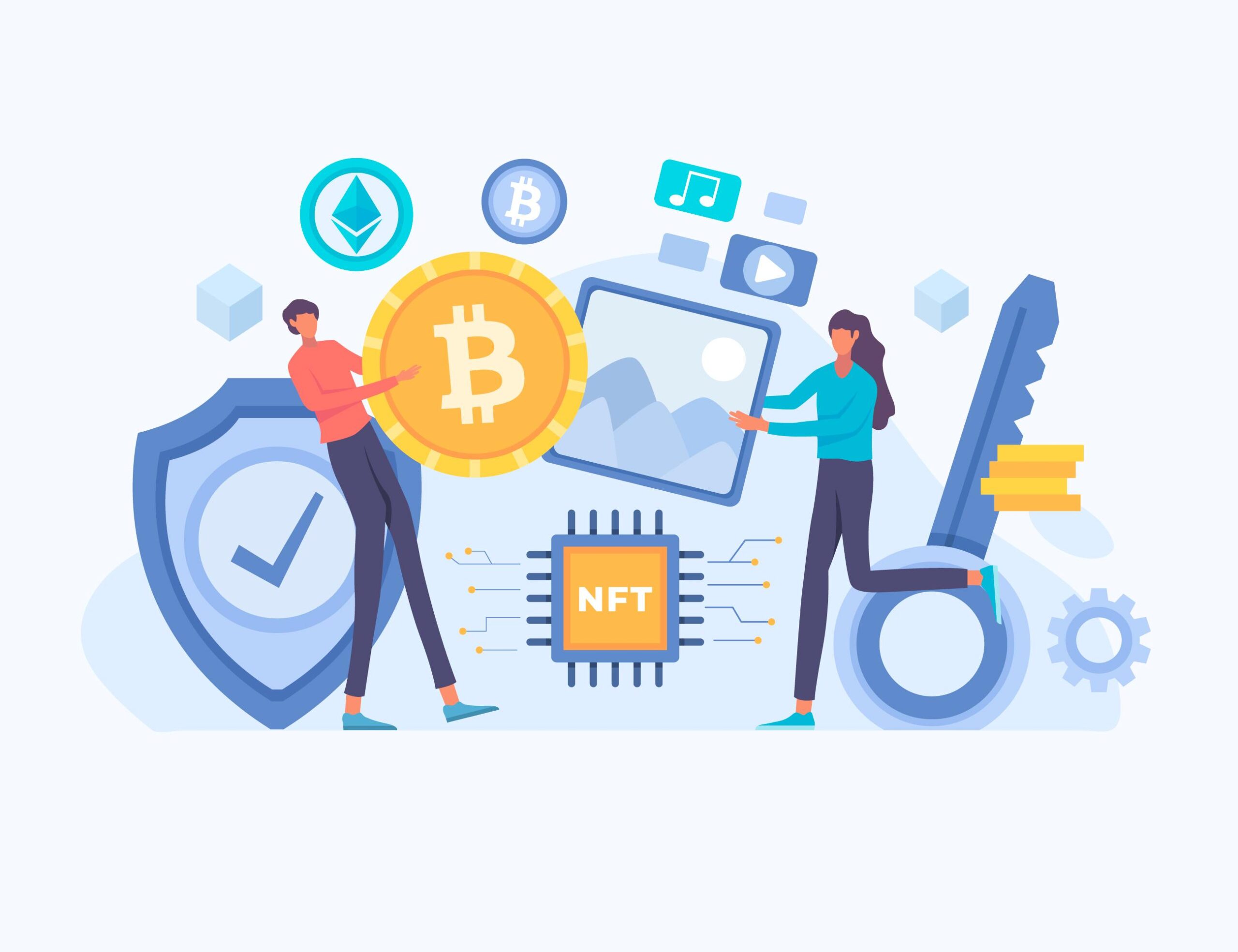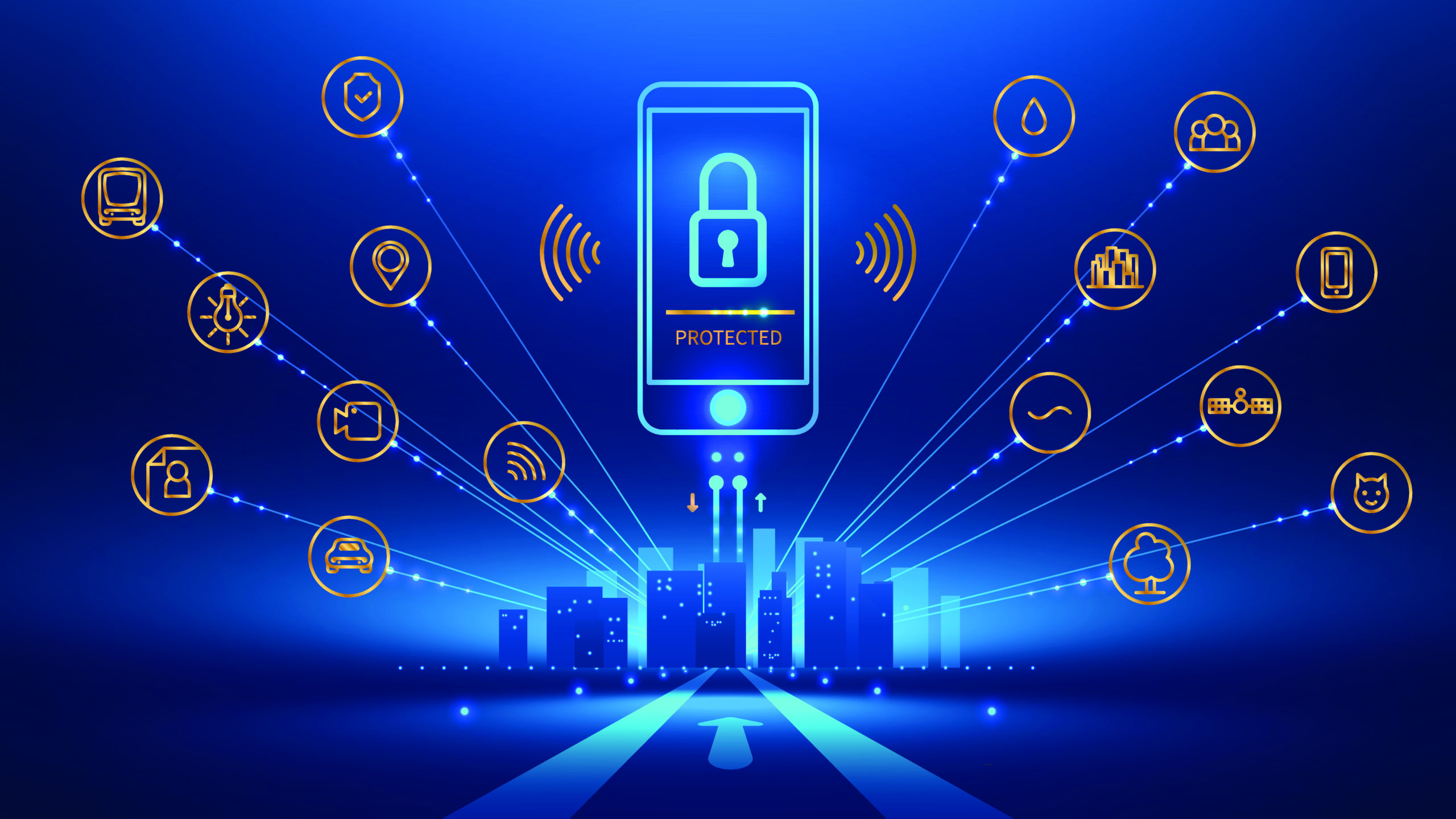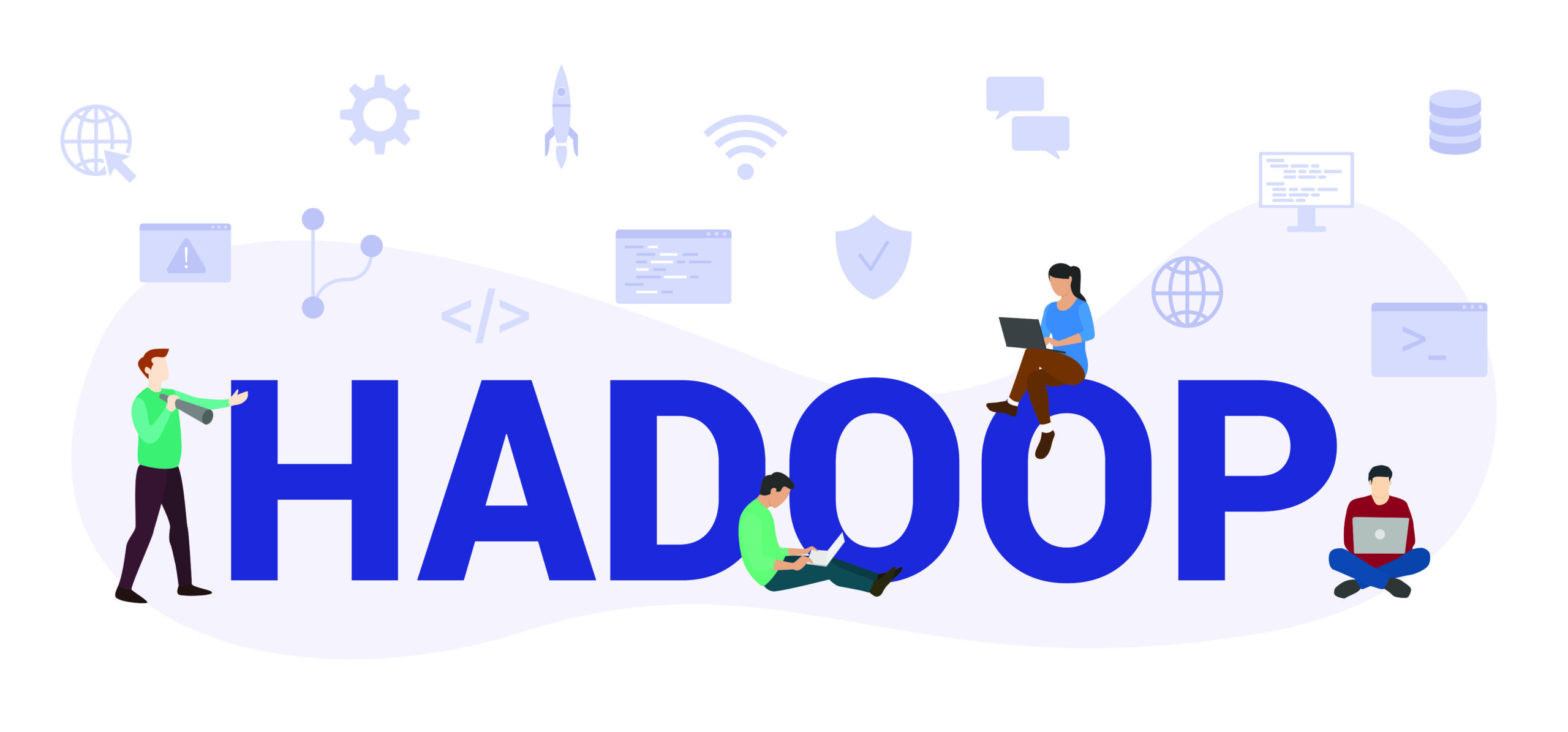APPIT Software Solutions
Blockchain Technology:
Modern technology has made communication with each other direct, easy, and faster. Be it voice mails, video calls, pictures, or emails, they reach from the source to their destination directly.
It’s easier because the destinations know each other, and the trust is maintained which exchanging personal data with each other but when it comes to money, people must depend on third-party for their money transactions on a daily basis.
Blockchain technology is challenging this kind of situation in a fundamental way. As the name suggests, a blockchain is a chain of blocks that contains information, with a special property that once information is recorded and stored in the block, it becomes practically impossible to change it by any means.
By using math and cryptography, blockchain provides an open, decentralized database of any transaction involving money, goods, property, work, etc.
APPIT Software Solutions Blockchain helps in creating an authenticity whose records can be verified by the entire community. Hence, the trust is maintained, and the money transactions can be done in a much faster, safer, and more direct way, without having to depend on third-party companies.
In simple terms, a blockchain can be defined as a database for recording financial transactions and is copied to all the systems connected in a common network.
Blockchain is commonly referred to as a “distributed ledger” for its uniqueness of data distribution with extreme security and confidential manner.
Why blockchain now and how does it work?
For ages, transactions have been exchanged between parties in various ways. In this digital age, recording these transactions have become much more complex.
The growth of commerce and trade has developed systems that are vulnerable to security threats, errors, fraud, and misinterpretation.
Example:
In the diamond industry, the diamond has to travel a long distance between the manufacturer and consumer and has to go through legal, regulatory, financial, and commercial practices.
In the due course of time, the current supply chain loses a considerable amount of time and money with government officials, lawyers, dealers, etc., and also hampers the government in collecting fair amounts from the consumers.
In such cases, blockchain technology helps in transparent transactions by assigning IDs that are safe, secure, and synchronized, for each transaction.
As each transaction happens, the record is saved in blocks and each block is connected to each other for future examination purposes, assigning fingerprint verification for each block, thereby making it safe and an irreversible chain of information.
Hence blockchain technology is used to gather information about diamonds at each step with extreme security and transparency.
There are three important features that make blockchain capable of complex requirements in financial transactions, namely, distributed, permission and security.
Since the information is shared and distributed in blocks, it acts as a shared form of record-keeping and ensures no person or no organization owns the permission of the records, although they can view all the distributed data.
No individual has the authority to add any information without the consensus across the participants. When the data is added, it is done through Cryptography, so that they are tamper-resistant. Also, the blockchains are designed in such a way that the data is immutable, i.e., it cannot be deleted.
Present Blockchain:
Blockchain is considered to be the technology that is likely to have the greatest impact and also the next generation of the internet.
At the present, we rely completely on banks or financial organizations to perform all the checks, authentications, identifications, etc., for each transaction.
Unfortunately, these transactions have some disadvantages:
- The threat of getting hacked – the systems in which the banks/financial organizations store customer information are extremely vulnerable to getting hacked and confidential information might get stolen.
- Money transfers are expensive – when money is transferred from one country to another, the banks charge huge amounts, sometimes even 20% of the total amount, which makes money transfers highly expensive.
- Time is money – For transferring money, it takes money again, and also time. The bank’s processes are too complex when performing this transaction which in turn causes considerable waste of amount of time.
- Privacy is at stake – Since the total transaction information lies with banks and they practically manage our lives, a customer’s privacy is also at stake, and data loss adds up to further troubles.
In order to overcome the above issues and more, modern technology has built blockchain, which builds trust within individuals using complex blocks, cryptography, and special codes.
The digital financial information is stored in a distributed manner in different systems and stored in the blocks created by experts around the world.
Each block is connected to other and previous blocks, together forming a blockchain.
Due to the complex connection of the blocks and the data being distributed across different systems, hacking/extracting data is practically impossible.
Similarly, privacy is maintained, and a lot of time is saved when the transaction happens on the blockchain.
Future of Blockchain
Not only in financial transactions, but the blockchain is also now popularly considered to be used in many other fields.
Due to its immense technical capability, APPIT Software Solutions Blockchain is used for many more tasks,
which otherwise is time-consuming, and where privacy is a major concern:
- BaaS (Blockchain-as-a-service) – big IT giants are using blockchain as a service on their existing cloud platforms to enable developers across different organizations to deploy their respective blockchain, and experiment with decentralized applications without incurring capital costs associated with network setups.
- Creating Smart Contracts – these contracts are small contracts stored on the blockchain.
- Each block might contain signatures and other contract details ensuring the data is secure and non-destroyable.
- Sending money made easier – Since there is no involvement of mediators, the money transfer between two
parties is simpler, faster, and hassle-free. - Also, the places where the customers don’t have access to financial institutions/banks, it is easier
using blockchain to make transactions.
Due to the advancement in technology and constantly evolving experiments, in the future, it is predicted that blockchain can be used to store medical reports of patients, and notary information and might be used to collect taxes too.
How Blockchain will impact the future?
Blockchain is the most-sought technology in today’s world and has the potential of becoming the global decentralized source of trust.
Unfortunately, not everyone is ready to embrace it with open hands and with complete confidence.
Mainly because of the trust that has already been established between the banks and customers, it is difficult for the customers to move away from the age-long trust they have built with the banks, but as blockchain comes with the feature of the mediator being eradicated in between, a huge proportion of trust services, from banking to notaries, might face challenges in price, volume, and in some cases their very survival.
Also, public authorities might find it difficult to enforce traditional financial regulations, due to the new possibilities offered by blockchain to bypass traditional financial arbitrators.
Unexpected, but new and advanced networks might evolve to meet the consumer’s needs in much cheaper, faster, and more secure methods.
It is a wait-and-watch situation for all the users to see if blockchain is embraced or not, and only time will answer such questions.


